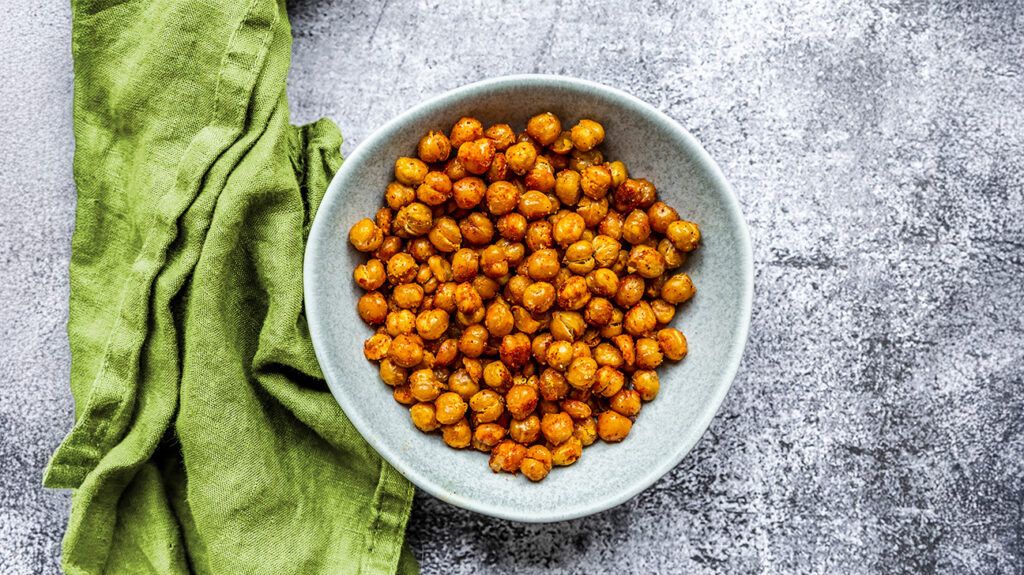From Protein to Fiber Goals: How to Incorporate More Dietary Fiber Into Your Diet

Learn how to meet your daily fiber goals with practical tips on incorporating more fruits, vegetables, nuts, and whole grains into your diet for better health.
Recently, social media trends have shifted from emphasizing 'protein goals' to focusing on 'fiber goals.' This change highlights a broader awareness regarding overall health and well-being, moving beyond attempts to solely lose weight or build muscle. Foods rich in dietary fiber are among the healthiest options for supporting your body. Insufficient fiber intake can lead to digestive issues such as constipation and hemorrhoids, while also increasing the risk of chronic diseases like heart disease, type 2 diabetes, and bowel cancer.
Dietary fibers are complex carbohydrates found in plant-based foods that resist digestion, passing through the digestive tract mostly unchanged. They are classified into two main types: soluble and insoluble fibers.
Soluble fibers dissolve in water to form gel-like substances. These are found in fruits such as apples and berries, vegetables like sweet potatoes and carrots, legumes, and oats. They help slow digestion, promote a feeling of fullness, support heart health by lowering cholesterol, and help regulate blood sugar levels.
Insoluble fibers, on the other hand, do not dissolve in water and add bulk to stool. Sources include wheat bran, fruit and vegetable skins, nuts, seeds, beans, and whole grain foods. They assist in regulating bowel movements and reducing constipation. Resistant starch, another form of complex carbohydrate, behaves like a fiber and is found in legumes, cooked potatoes, and undercooked pasta; it feeds beneficial gut bacteria and supports gut health.
A balanced intake of both soluble and insoluble fibers benefits overall health. Many fiber-rich foods naturally contain both types, contributing to gut health, immune function, and even mental health through fermentation by gut bacteria.
So, what are the recommended fiber intake levels? Typically, adult men should aim for about 30 grams per day, while women should target around 25 grams. This can be tracked using various apps or online tools. It's virtually impossible to consume too much fiber—diets with up to 50 grams daily are considered safe—so gradual increases are advisable.
To meet your fiber goals, incorporate a variety of foods such as fruits, vegetables, nuts, seeds, legumes, beans, and wholegrain products into your diet. The Australian Dietary Guidelines suggest consuming two servings of medium-sized fruits, five servings of vegetables, and two to three servings of nuts, seeds, or legumes daily.
However, avoid drastic dietary changes, such as cutting entire food groups, as this can cause nutritional imbalances. Also, increase fiber intake gradually to prevent digestive discomfort and drink plenty of water, aiming for at least eight to ten glasses a day, to help fiber work effectively.
Eating mindfully and gradually integrating fiber-rich foods into meals can help you achieve your health goals without stress. Simple substitutions, like choosing wholegrain bread over white, or adding legumes to meals, can make a significant difference. Always listen to your body and consult healthcare professionals if you experience digestive issues or have specific conditions like irritable bowel syndrome.
Overall, focusing on a diverse, balanced diet rich in fiber is an effective, sustainable approach to improving long-term health and well-being.
Stay Updated with Mia's Feed
Get the latest health & wellness insights delivered straight to your inbox.
Related Articles
Consuming Fruits May Mitigate Air Pollution's Impact on Lung Health
Research shows that a high fruit intake may help mitigate the negative effects of air pollution on lung function, emphasizing the importance of healthy eating for respiratory health.
Research Demonstrates that Culinary Medicine Enhances Nutritional Education for Medical Trainees
A groundbreaking Yale study shows that hands-on culinary medicine significantly boosts nutrition knowledge and counseling confidence among medical residents, promoting better patient care through practical nutrition education.
How Unhealthy Food Marketing Influences Diets of Teens and Young Adults
Unhealthy food marketing across various media significantly influences the dietary habits of teens and young adults, contributing to increased health risks. This review calls for stronger regulations to protect youth from misleading advertising promoting sugary and fast food products.
Eating Beans Daily May Help Lower Cholesterol and Reduce Inflammation
Discover how daily consumption of chickpeas and black beans can reduce inflammation and lower cholesterol, promoting better heart health and metabolic wellness.



